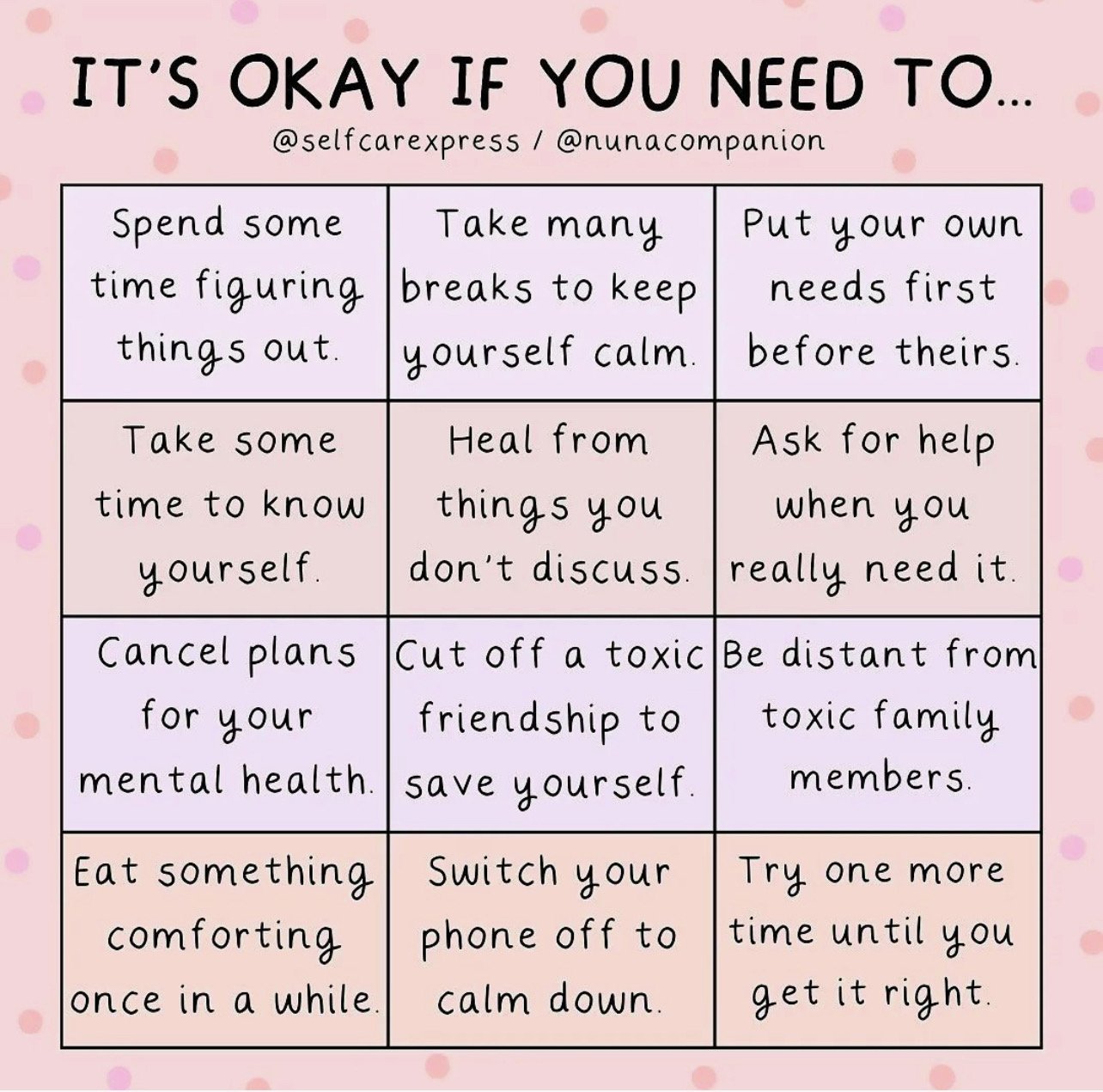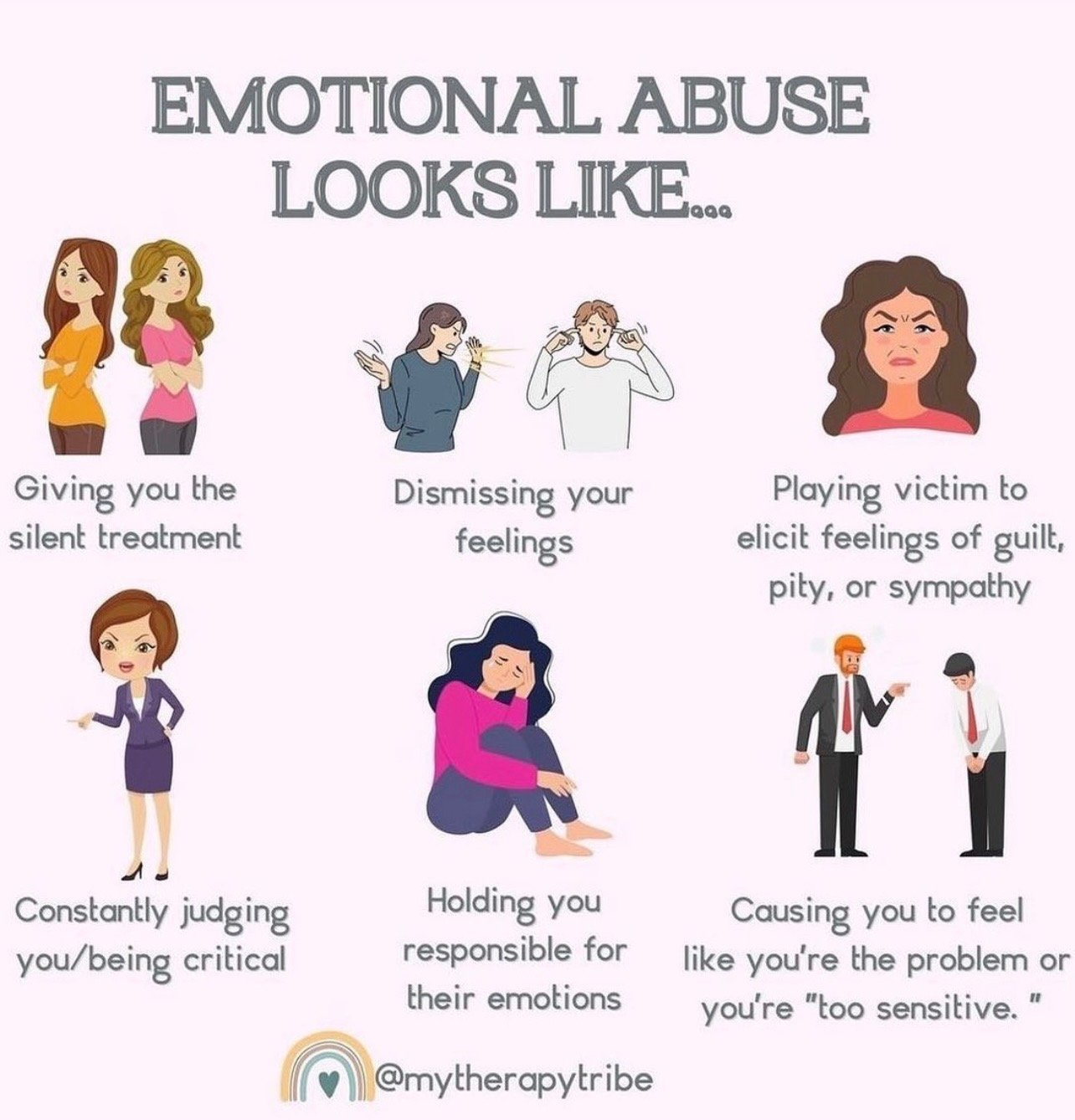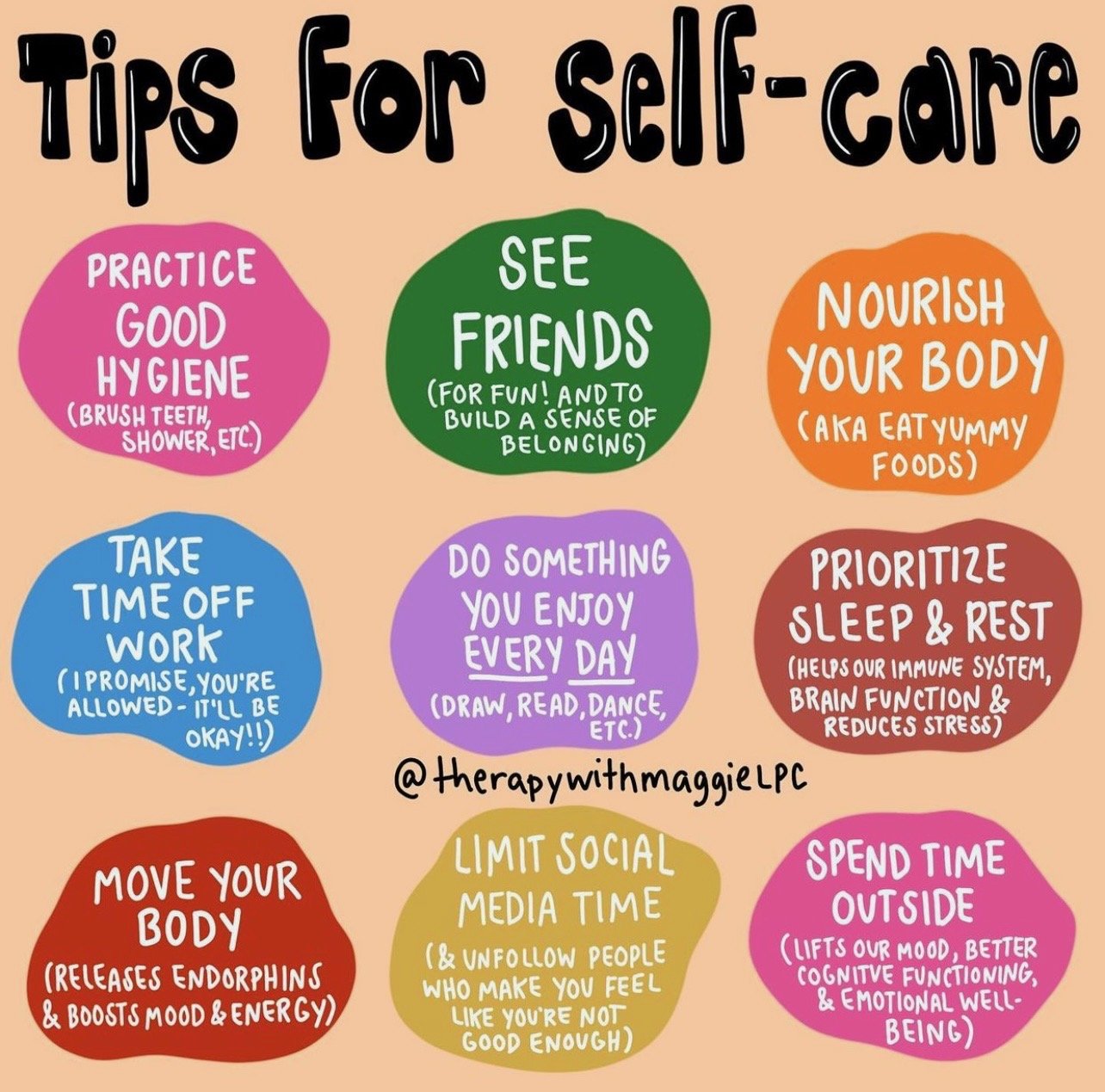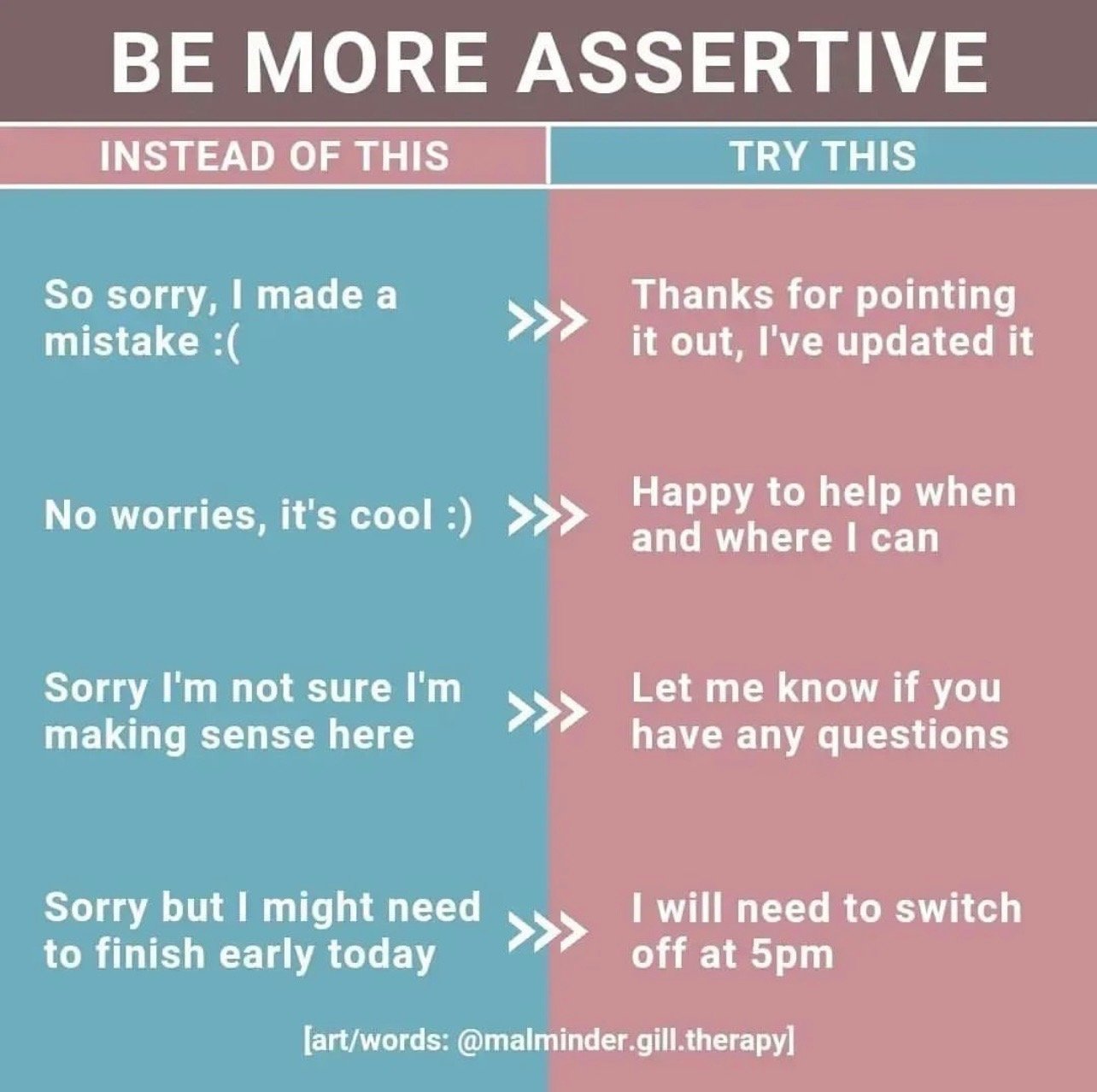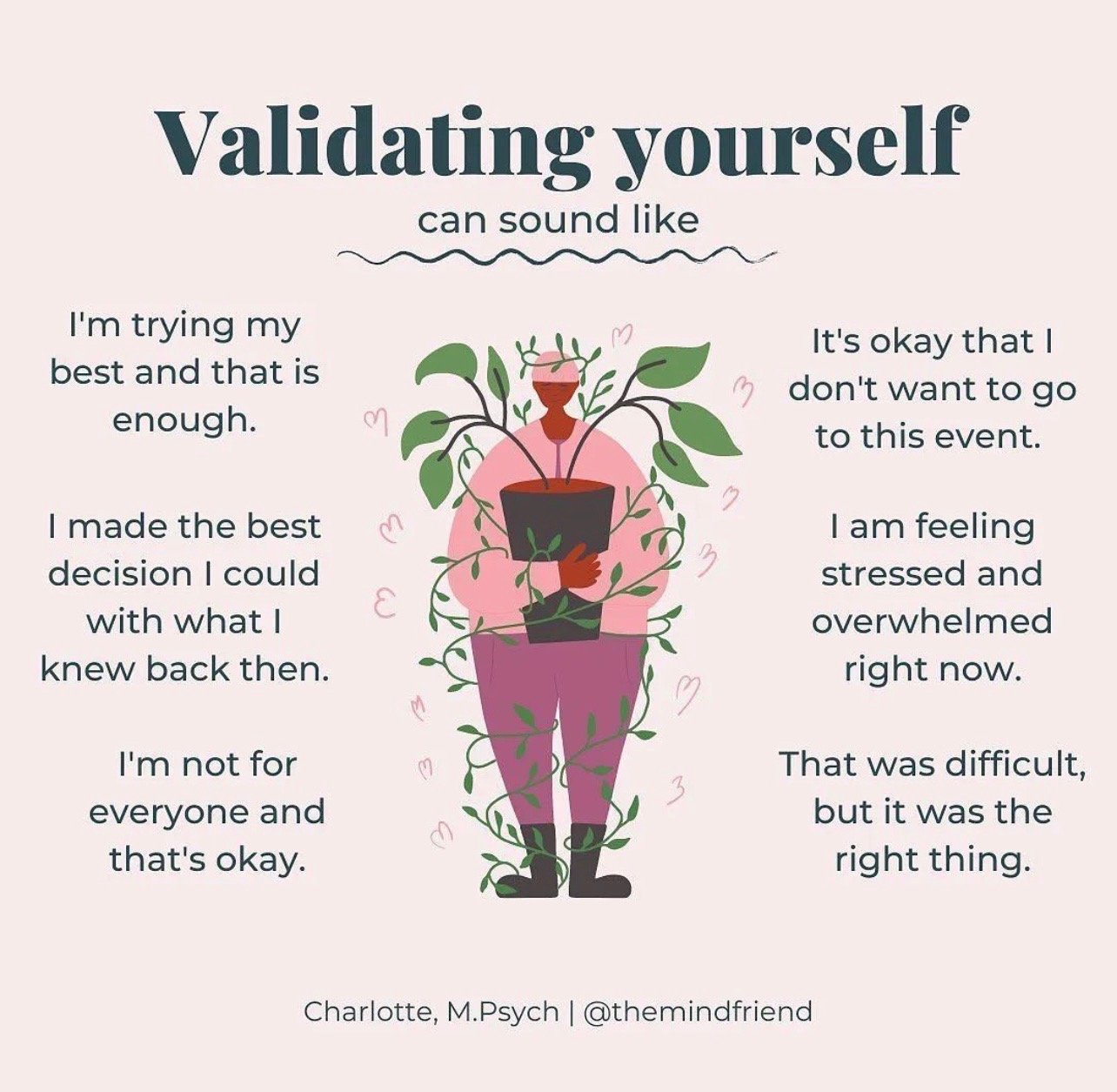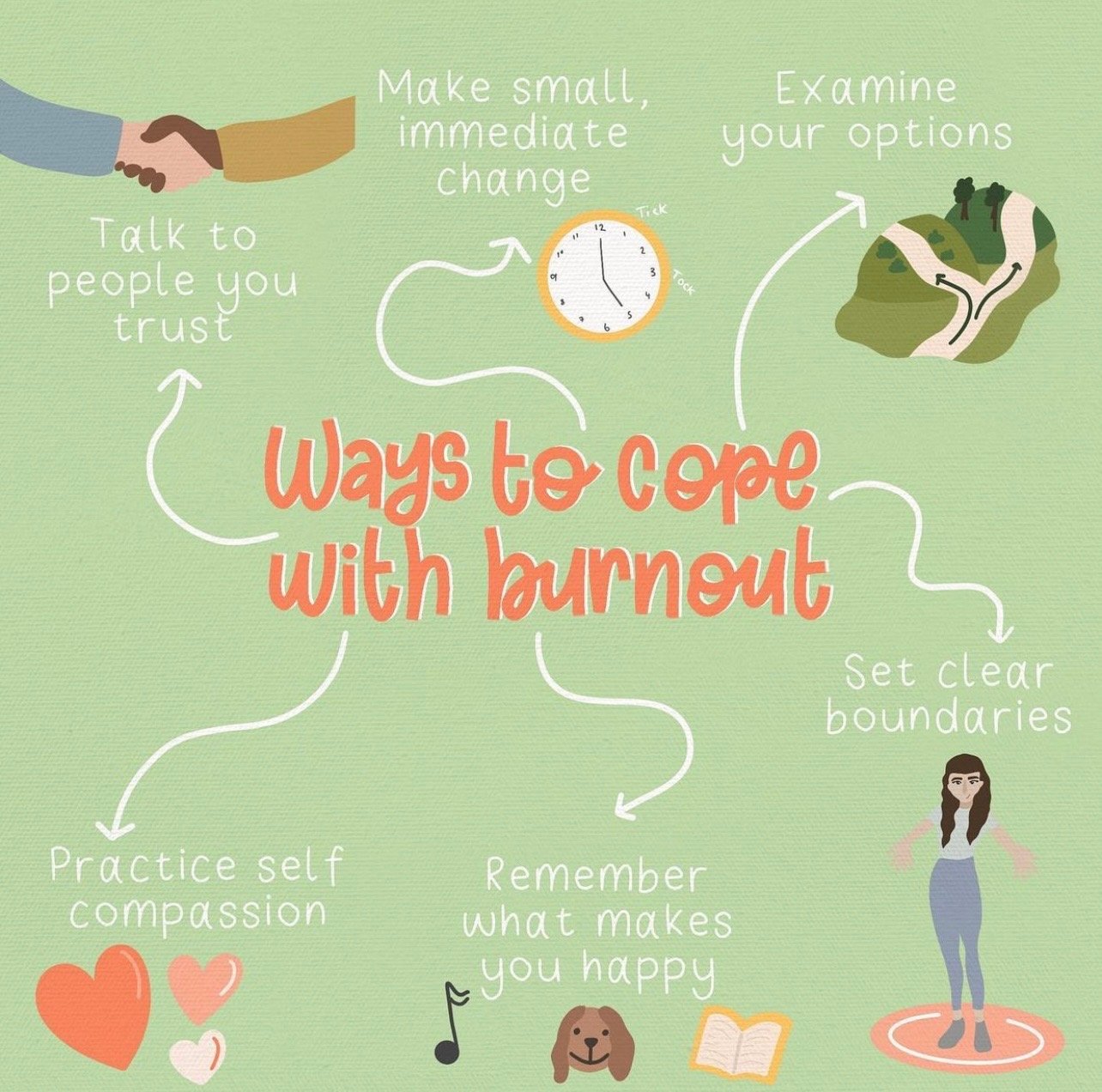It's Okay If You Need To...
Practical Ways to Improve Your Confidence (and Why You Should)
Practical Ways to Improve Your Confidence (and Why You Should)
Self-confidence is just one element in a triad of things that make up our overall “confidence.” Here’s what you can do to boost yours.
By Eric Ravenscraft
June 3, 2019
Self-confidence is a bit like the running water in your house. You may not know every detail about how it works or where it comes from, but it’s painfully obvious when it’s not there. Like when your water is shut off, a dearth of self-confidence has a huge negative impact on your health and lifestyle. Fortunately, there are things you can do to shore it up.
What is confidence?
In everyday conversation, self-confidence is often confused with self-esteem, and it overlaps with the less well-known term “self-efficacy.” However, psychology gives each of these terms a specific definition. It’s helpful to distinguish among the three:
Self-Efficacy: This term, as defined by Albert Bandura, a Canadian-American psychologist, refers to your belief in your ability to accomplish specific tasks. If you believe you’re capable of cooking dinner or completing a project, this is reflective of high self-efficacy. People with low self-efficacy often put less effort into a task if they don’t believe they’ll succeed at it, increasing the likelihood of failure.
Self-Confidence: In contrast, according to Dr. Bandura, self-confidence is more of a general view of how likely you are to accomplish a goal, especially based on your past experience. When you practice playing piano, you increase your confidence in your ability to play the piano. This can also apply to how likely you believe you are to be accepted in a social group. If you’ve been made fun of for your underwater basket-weaving hobby, you might be less confident sharing it with others next time. Self-confidence and self-efficacy are both rooted in experience, but self-confidence reflects a broader view of yourself, rather than your confidence in specific tasks.
Self-Esteem: The term most often confused with self-confidence is the one perhaps least similar to it. Self-esteem refers to a belief in your overall worth. Broad statements like “I’m a good person” fall into this category. Self-esteem is one of the levels of Maslow’s hierarchy of needs, and improvements to self-confidence can contribute to your broader self-esteem.
These concepts overlap, and psychologists disagree about where the lines are between each one. You can have enough confidence to believe that you’re capable of learning how to play a new game, for example, while simultaneously lacking the self-efficacy to believe that you’ll be any good when you first start. Likewise, you can have zero confidence in your ability to cook while still believing you’re a good person and deserving of love.
High confidence leads to more chances to improve
Self-confidence is your belief in how good you are at something, but it’s not a measure of your actual skill. So why does it matter if you believe in yourself? According to Charlie Houpert, the author of “Charisma on Command” and the founder of a 2.7-million-subscriber YouTube channel of the same name, confidence doesn’t just make you feel better, it also helps you take risks to make tangible improvements to your life.
“Internally, true self-confidence will lead to more positivity, happiness and resilience,” Mr. Houpert said. “Externally, high self-confidence will lead to taking more risks, which directly correlates with reaping more rewards.”
The “Oxford Handbook of Positive Psychology” puts it another way: “If the person lacks confidence, again there will be no action. That’s why a lack of confidence is sometimes referred to as ‘crippling doubt.’ Doubt can impair effort before the action begins or while it is ongoing.”
If you believe you can get your dream job if you apply, there’s a chance, however small, you might get it. If you don’t believe that you can get it, and you don’t apply, it’s guaranteed that you won’t. Self-confidence doesn’t magically make you better at what you do, but it does prime you to take the risks necessary to achieve your goals.
How you can improve your self-confidence
If building self-confidence is a matter of changing your beliefs about yourself, it’s going to take some work. You can say, “I’m good enough, I’m smart enough and, doggone it, people like me” into the mirror every day — and it couldn’t hurt — but there are more practical, effective tools you can use, too.
Be ‘hyper honest’ with yourself
Mr. Houpert suggests being “hyper honest” with yourself as a simple, everyday way to exercise your confidence.
“For example, let’s say someone asks you what you do for fun or what you do for a living,” he said. “If you find yourself biting your tongue or hiding something, evaluate that. That’s an indication to either stop doing that thing or, more likely, accept that part of yourself and own it.”
This doesn’t mean you have to share every part of your personality with everyone you meet. You can share your geeky hobbies with your geeky friends but stick to work topics at work. However, you can find someone to share yourself with. “When you stop hiding parts of yourself from other people, you’ll find you feel more confident in who you are,” Mr. Houpert said.
Start working out
Many people start working out to lose weight or build muscle, but exercise can also be a huge boost to your self-confidence. The American Psychological Association has noted that exercise can improve your mood and — along with regular treatment and therapy — help combat depression and anxiety. It can also help improve your confidence if you stick with it for a while. Working out regularly requires a commitment, and keeping that commitment is an accomplishment. Not only does sticking to a new healthy habit make you feel more confident, but you can also spot physical improvements to your body and health over the long term.
Try things that make you uncomfortable
Stepping outside your comfort zone is, as you might expect, uncomfortable. Mr. Houpert said that’s the point.
“Confidence is ultimately about being comfortable in a wide variety of situations that would make most people feel uncomfortable,” he said. “So if you stretch your comfort zone every day, very quickly you’ll have a large comfort zone and be able to feel more comfortable even when outside of it.”
This can involve more daunting changes, like taking a new job or confronting someone you usually avoid. However, it can also take smaller forms, like striking up a conversation with someone new if you’re normally shy, or trying a new food. According to Mr. Houpert, it’s more important that you regularly expand your comfort zone rather than occasionally throwing yourself into the deep end.
Try a new look
How you dress can affect how other people perceive you, but it can also affect how you perceive yourself. Wearing different clothes can prompt you to think or behave differently. This effect isn’t just limited to feeling good about yourself. Dr. Adam D. Galinsky, a professor at Columbia Business School, found that participants in a study who wore a white lab coat exhibited more focused attention. In other words, when people dressed like a doctor, they behaved more like a doctor, or at least how they thought a doctor might behave. If you want to feel more confident, dress the way a confident version of yourself would.
Defy your impostor syndrome
Impostor syndrome is a nasty mental bug that convinces you that your accomplishments don’t really count and that you’re going to be found out as a fraud. This doubt can creep in because it’s easier to remember faults but more difficult to remember successes. Make a habit of periodically writing down or reflecting on times you’ve done things well. It’s easier to be confident in your abilities when you remember them.
Adjust your posture
Much like how you dress, the posture you adopt can affect how you feel about yourself. While it might feel a little silly at first (remember that tip about stepping outside your comfort zone), trying out powerful stances can help adjust your frame of mind. Research from Ohio State University suggests that something as simple sitting up straight can make you feel more confident in what you’re doing.
Avoid the arrogance trap
As you start to express yourself more confidently, it’s natural to worry about becoming arrogant in the process. However, according to Mr. Houpert, arrogance isn’t confidence run amok.
“Arrogance is more the result of insecurity than high self-confidence,” he said. “Confidence is self-satisfied while arrogance requires external validation to feel good. So you get people who brag to solicit the recognition of others. Someone with true self-confidence is capable of being assertive and standing up for themselves, but they’re unlikely to adopt a tone that others perceive as arrogant. Oddly enough, the best defense against arrogance is developing true self-confidence.”
If you start out doubting yourself, it will take time before you feel like you belong. In the interim, your own creeping doubt can try to tell you that feeling good about yourself or standing your ground is really arrogance. Recognizing that this is a symptom of insecurity — and that being aware of the symptom is its own form of inoculation against it — can help you push past it.
Correction: An earlier version of this article stated that Dr. Adam Galinsky was a professor at the Kelogg School of Management at Northwestern University. He was, and was at the Kellogg School when the study referenced was published, but he has since joined the faculty at the Columbia Business School. That reference has been updated.
Emotional Abuse Looks Like...
Tips for Self Care
"I am proud of what I am and who I am"
Thoughts From An Anxious Mind
Be More Assertive
Validating Yourself Can Sound Like...
Ways to Cope With Burnout
Things That Can Worsen Your Anxiety
Self Soothing
Your Trauma is Valid Even If...
Take a Work From Home Mental Health Pause
Whether you’ve been working from home throughout the pandemic or returned to the office only to be sent home once again, now is the perfect time for a work from home mental health pause.
It’s hard to believe that it’s been nearly two full years since the COVID-19 pandemic first collided with our lives. Practically overnight, millions of U.S. employees were forced to rapidly transition to working from home — compared to just 6 percent of the workforce that worked remotely prior to the pandemic.
There was no “game plan”. It suddenly just was, and we had to adjust and adjust and adjust to find our own work plan. All our adjusting left us exhausted, a bit depressed, and mentally drained.
While the number of professionals teleworking continued to fall throughout 2021, the arrival of the omicron variant has thwarted many companies’ return-to-office plans, subsequently sending a substantial number of employees back to their homes.
THE PROS AND CONS OF WORKING FROM HOME
Let’s investigate the pros and cons of working from home, the hidden/or not so hidden side effects of working from home, the good habits and bad habits that remote workers can develop, and the critical role communication plays in maintaining your mental health while working from home.
There’s a reason why 61 percent of workers are willing to take a pay cut to continue working from home: there are a lot of advantages to remote work.
Pro:
No Commute: Not only do you no longer have to commute to an office, you also have more flexibility to organize your time in a way that best suits your work style.
Fewer Interruptions: Since nobody’s stopping by your desk to say hello, there are also fewer distractions and work can be done more effectively (unless, of course, you’re crammed into a house full of kids!).
Increased Productivity: In many cases, you’re also able to work when you’re most productive instead of being forced to work between 9 a.m. and 5 p.m.
Con:
Unbalance Priorities: For many, it can be difficult to strike a good work-life balance, as work and home begin blending. For example, you might have a difficult time shutting down work at a certain time when it’s always within reach.
New Teammates: And, whoever thought you’d be working all day with your spouse or children so close by.
Video Fatigue: Exhaustion from Zoom or other teleconferencing is real. When we crave human interaction our video cameras provide a poor substitute, plus the pressure of “looking good” can be overwhelming.
And always working from home means you miss out on the perks of being in the office — like free coffee, meals, and mostly in-person interactions with your coworkers. Being the social creatures we are, not having these “simple” things can take a toll on our mental health.
The GoodTherapy registry might be helpful to you. We have thousands of therapists listed with us who would love to walk with you on your journey. Find the support you need today!
THE HIDDEN SIDE EFFECTS OF WORKING FROM HOME
For some people, working from home is the work solution they’ve been seeking, and they wouldn’t have it any other way. Unfortunately, that isn’t the case for everyone.
For starters, it’s not uncommon for folks who work from home to feel profound isolation and loneliness, at least from time to time. Without opportunities to socialize with their coworkers, many remote workers can experience anxiety and depression — which can also lead to brain fog. If you experience any of these things, the best thing you can do for your mental health is to seek out a qualified therapist to help you – yep, that means you too guys!
The good news is that by developing good habits and systems and sticking to them, you can increase the chances you’re able to stay productive and enjoy working from home — whether that’s on a temporary or a permanent basis.
COMMIT TO SETTING GOOD HABITS
If you find yourself struggling to keep up your morale when you’re working from home, it might be because you’ve developed habits that are preventing you from supporting your work from home mental health.
If you suspect that might be true, do your best to develop these three habits and stick to them.
1. Take breaks on a regular basis
You might think that reaching peak productivity requires you to sit in front of your computer all day long, but you’d be wrong. Believe it or not, research suggests the opposite is true. By taking breaks on a regular basis, you can recharge your batteries and accomplish more every day. Best practices suggest taking 15-minute breaks every 90 minutes.
2. Set boundaries between work and home
If you’re the type of person who watches a movie with your work laptop within arms’ reach, your work-life balance is going to leave much to be desired.
To ensure you’re able to enjoy downtime and also give your work the full attention it deserves, set clear boundaries between your work and home life.
For example, you might set specific working hours and commit to shutting down completely at the end of the work day – no checking emails before bed.
If it is possible, since you may not have purchased your home with the intent of having to work from it, you should try to designate a dedicated working space so that it is easier to turn off the lights and shut the door and walk away at the end of your day.
3. Develop structure and stick to it
One of the main reasons people struggle to work from home productively is because they lack structure in their day. There’s an easy fix: Develop a routine that works for you and stick to it. For example, you might decide to get up at 7:30 a.m. every day no matter what, go for a light jog, eat breakfast, jump in the shower, and then hit your desk at 9.
There’s no right or wrong routine; find a structure that works for you and take it from there.
KEEP THE LINES OF COMMUNICATION OPEN
In addition to these habits, it’s also important to maintain open communication with those around you. After all, no one is going to know you’re struggling if they never see you and never hear what’s going through your mind.
With your employer
Have you ever had a conversation with your boss or HR team about how remote working is impacting your mental health? If you’re having a hard time working from home, your employer might not have any idea unless you share the information with them. By being open and honest with your employer, you increase the chances that they’ll provide you the support and resources you need to positively impact your work from home mental health.
With your family
Of course, working from home can also take a toll on your entire family. After all, home life changed for them, too. To make sure everyone is tracking in a good direction, it may be worth carving out some time to conduct a collective family mental health check to make sure everyone’s on the same page and that nobody is struggling in silence.
THE BOTTOM LINE
It’s been two years since consistent work from home became a thing. Now, it’s time to make sure that where you are mentally with the situation is a good place — and not just a place.
If you’re struggling to adapt to working from home, you may find that talking through your problems with a therapist makes all the difference in the world.
Do you feel that things have gotten away from you? GoodTherapy Recovery Treatment Centers provide addiction rehab. Use the GoodTherapy Recovery Treatment Centers directory to find help close to you.
© Copyright 2022 GoodTherapy.org. All rights reserved.






